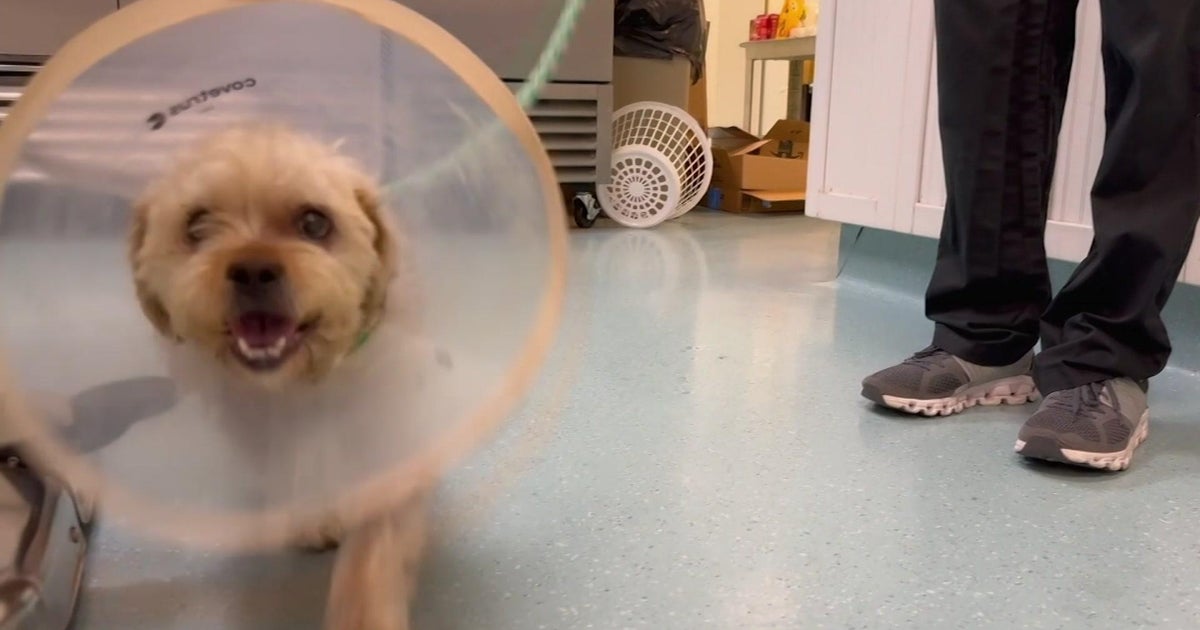New Drugs, Tech May Prevent Another Bad Flu Season
Follow CBSMIAMI.COM: Facebook | Twitter
NEW YORK (CBSMiami) - As the flu season rages on, there are signs we still haven't seen the worst of it.
More than 60 children have died from the virus and one in 13 doctor visits last week was for flu-like symptoms. But there's hope thanks to new drugs and technologies that a flu outbreak like the one we're currently experiencing could soon become a thing of the past.
The Centers for Disease Control is reporting one in 10 deaths in the U.S. is currently due to influenza or pneumonia.
Looking to the future, there is news of potentially cutting-edge new treatments that could limit the impact of flu seasons in years to come. One of those is a FAR UVC light. Unlike traditional UV light that can damage the skin and cause cataracts, FAR UVC can't get past the top layer of the skin or the tear layer of the eyes. The benefit of that is these lights could be on at all times and placed anywhere, from a doctor's office to your office.
"It does kill influenza viruses and it really doesn't harm you," said Dr. David Brenner with the Center for Radiological Research at Columbia University.
Among the experimental drugs showing some promise is one from Japanese pharmaceutical company Shionogi that has killed the flu in a single day with a single dose.
"Because it stops it from multiplying other cells don't get infected, other people don't get infected," said Dr. Suman Radhakrishna with Dignity Health California Hospital.
The drug, and others that hold potential, if fast-tracked for FDA approval would hit shelves at the earliest next flu season.
Doctors say even though the flu shot is just about 30-percent effective this year against the deadliest strain, they're urging everyone to get it. Even if it doesn't cover every strain, the shot could help mitigate the symptoms.



